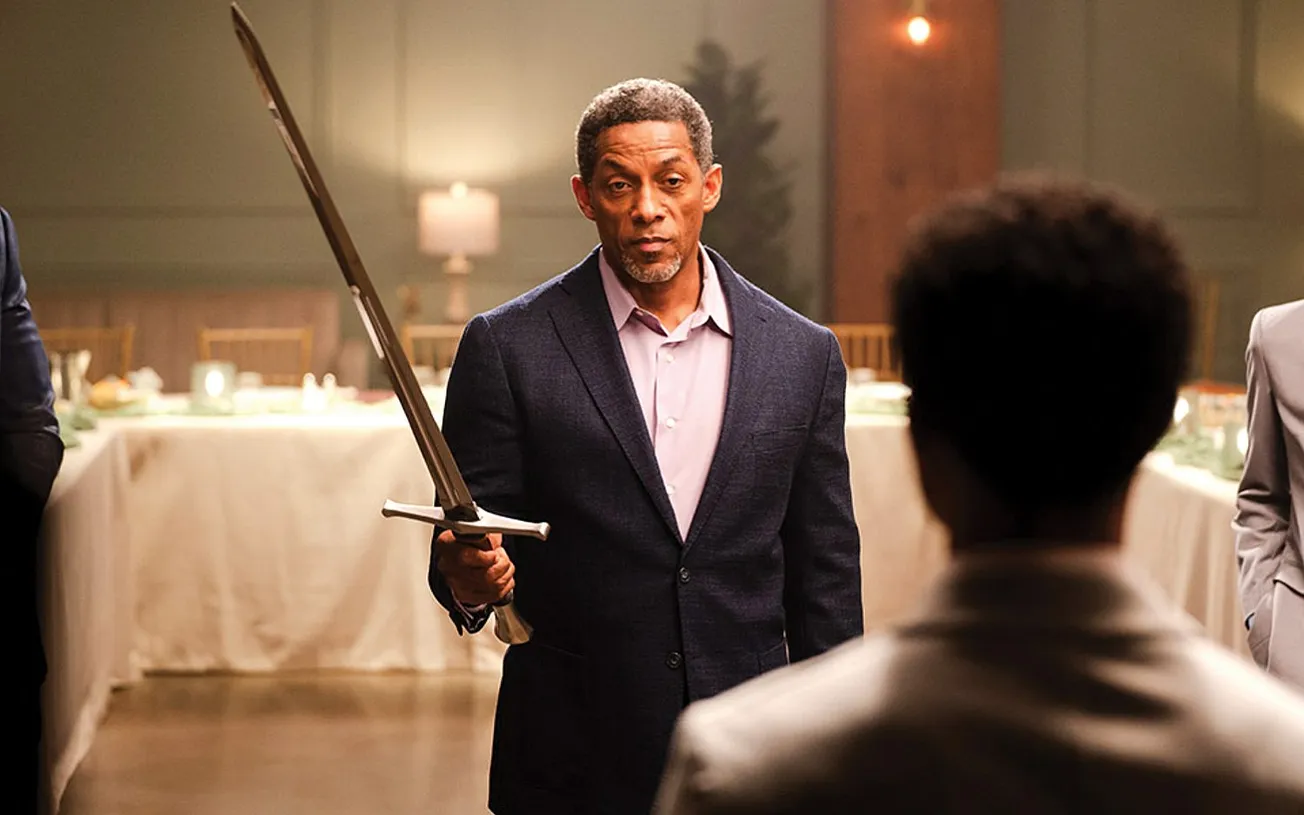I had already decided to view “The Forge” before reading Nate Tinner-Williams’ review in Black Catholic Messenger. I am glad that I chose to do so this weekend along with three other Sisters of the Blessed Sacrament. In my opinion, there is more to commend about the film than to criticize.
“The Forge” presents a needed message for this nation of ours that suffers from so many divisions and refusals to see the good in others. “The Forge” was comprised of men of differing ethnicities, though the majority were African American. Their commonality was grounded in their faith as Christians whose lives had been transformed through mentoring by a committed disciple of Jesus Christ. They were challenged by the various forms of suffering in their lives that had bound their hearts in anger.
For one, it was intense anger and desire for punishment to afflict the drunk driver who killed his son. For the main character, it was a journey to forgiving an absentee father and the broken promises. The call to forgive wrongs is central to our lives as Christians, who know ourselves as sinners trapped in attitudes or distractions that impede our authentic living. The pathway to forgiving others necessitates carrying the cross of one’s own experiences of rejection, betrayal, or oppression as a participation in the paschal mystery of Jesus Christ.
The main character, Isaiah, did not become less true to his African-American heritage through the mentorship he experienced. Rather, Isaiah became more community-minded, considerate of the needs and feelings of his mother, and concerned about helping to improve the lives of those who lacked safe water, or access to food and supplies for survival.
Thus, he became more authentically rooted in the community grounded values that are central to mature development within African societies. Learning to express himself more respectfully to elders, co-workers and others enhanced his capacity to relate and form lasting bonds with others. Growth in the manner exhibited in the film “The Forge” is not an anti-Black narrative.
I am an African-American, vowed woman religious of 43 years who grew up in inner-city Philadelphia, attended parochial schools, West Philadelphia Catholic Girls High, and Catholic colleges and universities as an adult. All of these educational settings helped to form me into the woman I am today.
However, my formation also included my family and Christian neighbors who were not Catholic. I believe that Pope Francis’ call for Catholics to ‘synodality’ challenges us to become better listeners, not only within our Catholic parishes and institutions, but also across the cultural divide of Christian denominations.
Let us not be too quick to label others as “conservative” or narrowly expressing a “White” perspective of Christianity. The essence of our Christian faith has a universal call. I believe that “The Forge” has value across denominations, ethnicities, or nationalities. Can we not affirm the positive contributions of those that differ from ourselves?
Sr Stephanie Henry, SBS is the president of the Sisters of the Blessed Sacrament.








